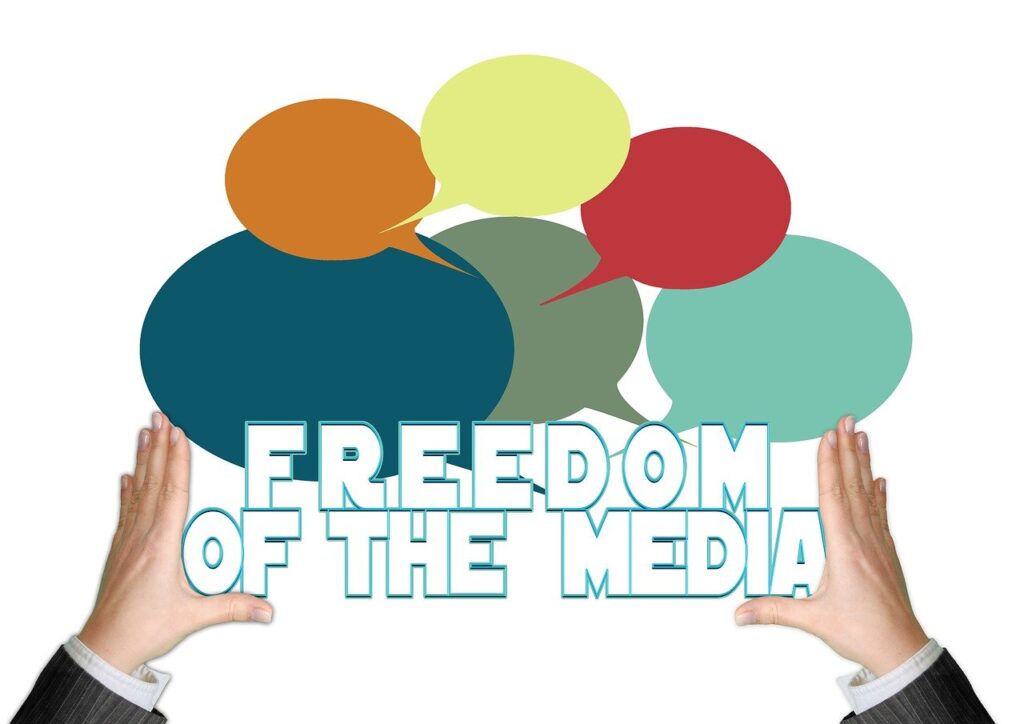On August 8, 2025, the European Media Freedom Act (EMFA) officially comes into force, introducing the first-ever comprehensive EU-level legislation dedicated to protecting media freedom, pluralism, and the independence of journalists. Although it primarily applies to EU member states, its influence will likely extend across Europe, especially in neighboring regions.
EMFA arrives at a time when media across the continent face increasing pressure – from political interference and corporate influence to disinformation campaigns and opaque ownership structures. For young people, who consume and create content online every day, this new regulation matters more than it may seem at first glance.

The act introduces clear protections for journalists, banning the use of spyware against them except in extremely rare, justified cases. It ensures that editorial decisions in newsrooms are made independently, free from both political pressure and corporate interests. It also requires transparency in media ownership, so the public can know who controls the information they receive. One important element of the law is that governments will no longer be able to use state advertising money to reward politically friendly media outlets or to punish critical ones.
For digital natives growing up in a complex information environment, EMFA helps create a media space where credibility, independence, and fairness matter. It supports media literacy by making media systems more transparent and accountable. Young readers, viewers, and listeners will be better equipped to understand who produces the content they consume and under what influences.
Media literacy educators and youth organizations will likely benefit too. The act offers a clearer framework for discussing media freedom and transparency with young audiences. By setting minimum standards, EMFA raises the bar for what citizens – especially young ones – can expect from their media landscape.
Although the act applies directly to the EU, it is already being referenced by civil society actors in countries aspiring to join the Union. In places where press freedom is fragile or under threat, EMFA can serve as a guiding example and a benchmark for advocacy and reform. For example, organizations in the Western Balkans are already drawing on EMFA principles when shaping national media strategies or implementing EU-funded projects.
For young people interested in journalism, activism, or simply being informed citizens, the European Media Freedom Act is not just a legal document – it is a step toward a more open and democratic information space. Its impact may take time to be fully felt, but the direction is clear: media freedom is a public good, and its protection is now a shared European responsibility.
Useful links for further reading:
– European Commission factsheet on EMFA
– Full text of the EMFA regulation (Regulation (EU) 2024/886)